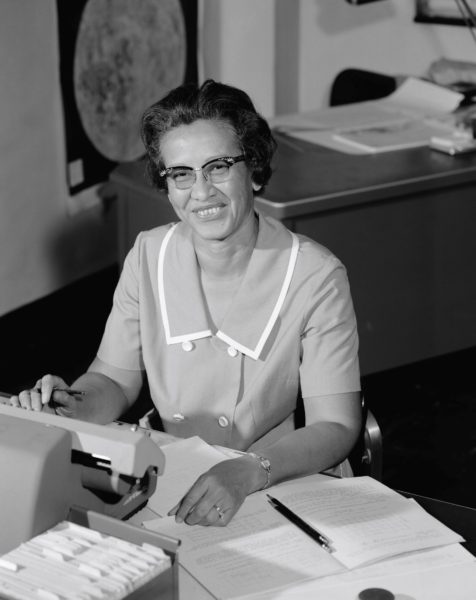Opinion: Everyone needs Black history
In school, we’re taught a very specific part of history. We learn about the founding of America, the railroad, the Civil War, the Great Depression, but it’s all the same stories, from the same perspective. Even the perspectives of marginalized people in history are limited to the same few works — “I Have a Dream” from Dr. Martin Luther King Jr., a heavily edited version of Sojourner Truth’s “Ain’t I a Woman,” a simple parable about Rosa Parks and her tired feet.
But the truth is far more complicated and interesting than the way it’s often portrayed.
Parks, for example, had a long history of activism, before and after that day on the bus, and referred to herself throughout her life as a freedom fighter. She led an investigation into sexual violence with the NAACP and pushed for policy reform in housing, prison, and other areas well into the 1990s. When it comes to Black history, though, the same stories are sanitized and told time after time, and it often doesn’t occur to us to question their accuracy.
In kindergarten, the sky is blue, and that’s all you have to know. But high-school classes will often give you a more nuanced understanding of light and vision, and these facts illuminate the world around you. It’s worth noting that this isn’t a perfect analogy. Five-year-olds would be hard-pressed to understand color rods and wavelengths, but they can and should be taught accurate history.
So why should we treat any field like we have already learned everything we needed to know about it in elementary school?
We’re at USU, long past kindergarten, long past grade school. That doesn’t mean it’s too late. In fact, with all the college study resources at our disposal, such as libraries and databases, it’s the perfect time to start learning Black history.
Educating ourselves can be incredibly interesting. Those who are curious can find any number of fascinating stories — for example, that of Cathay Williams, who disguised herself as a man to fight in the Civil War, or Ida B. Wells, who pioneered the field of investigative journalism.
But more than personal interest, we should learn these stories because they deserve to be told: for their own sakes and for ours.
Black historical figures worked hard for their distinctions, and we owe it to them to remember their contributions. Madam CJ Walker deserves to be remembered as much as businessmen like Henry Ford. Katherine Johnson was just as important to space exploration as Neil Armstrong.

Katherine Johnson, NASA mathematician and physicist (1966); NASA; restored by Adam Cuerden, Public domain, via Wikimedia Commons
These stories also help us today. They put modern issues into context.
Civil rights leaders discussed many issues, that are relevant now, back in the 1960s, and plenty of them are still alive to talk about them. For example, Bernice King, CEO of Martin Luther King Jr. Center for Nonviolent Social Change (The King Center) and daughter of Dr. Martin Luther King Jr., often speaks out on Twitter about voter suppression, Black Lives Matter, and other relevant topics.
By getting a sense of where we’re coming from, we can better orient ourselves to navigate our own world. We have the benefit of hindsight, but only if we bother to look.
Black History Month is a unique opportunity to reflect on where we came from. It’s a chance to learn and grow together, to honor the past in all its complication, and to expand our worldview.
It doesn’t matter who you are — Black history is important for everyone, and just as you can’t become a physicist with an elementary-school understanding of light, we can’t move forward until we truly learn the stories of our past.

Katelyn Allred is an opinion writer in her junior year of college. She’s studying English with an emphasis in creative writing and enjoys reading, listening to podcasts, and baking.
katelyn.allred@usu.edu

